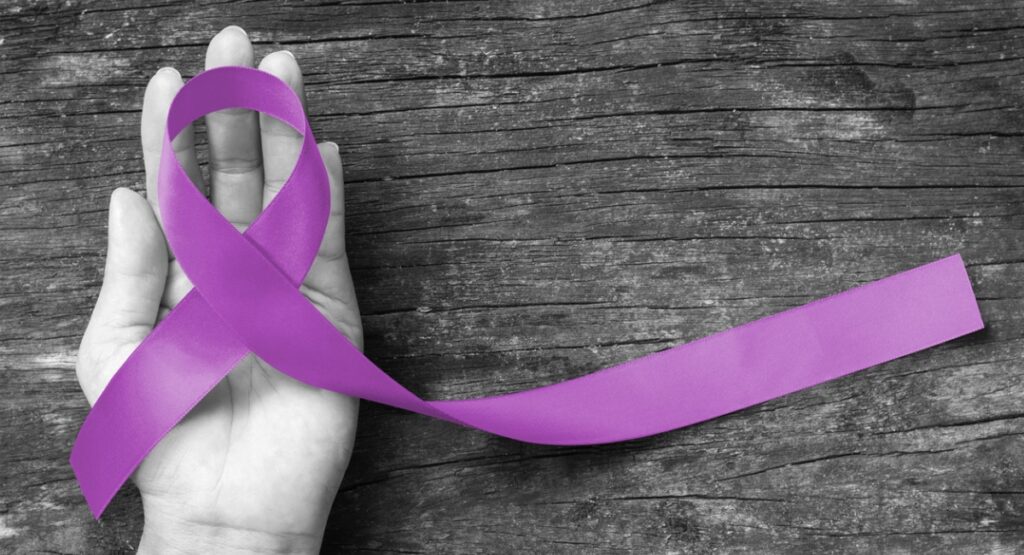Women Are More Impacted by Zoom Fatigue: Here’s Why, and What We can Do About It

Zoom, and other virtual conferencing platforms like it, became both our favorite and least favorite piece of technology over the past year and a half. On one hand, they allowed us to keep in touch with our loved ones when it otherwise wouldn’t have been possible. On the other hand, the constant virtual meetings became absolutely exhausting for many of us. “Zoom fatigue” is what happens when you’re burnt out on virtual meetings, and it can affect anyone. However, research shows that women are more affected by Zoom fatigue than men. Why is this, and what can women do about it? Read on for more. What Is “Zoom Fatigue”? Whether you’re using Zoom (and other video conferencing platforms, like Skype or Google Meet) for work…







